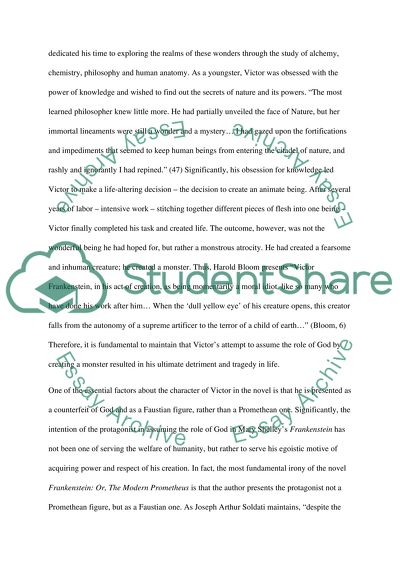Cite this document
(“Frankenstein by Mary Shelley and the doctor assuming the role of God Essay”, n.d.)
Retrieved from https://studentshare.org/environmental-studies/1413777-frankenstein-by-mary-shelley-and-the-doctor
Retrieved from https://studentshare.org/environmental-studies/1413777-frankenstein-by-mary-shelley-and-the-doctor
(Frankenstein by Mary Shelley and the Doctor Assuming the Role of God Essay)
https://studentshare.org/environmental-studies/1413777-frankenstein-by-mary-shelley-and-the-doctor.
https://studentshare.org/environmental-studies/1413777-frankenstein-by-mary-shelley-and-the-doctor.
“Frankenstein by Mary Shelley and the Doctor Assuming the Role of God Essay”, n.d. https://studentshare.org/environmental-studies/1413777-frankenstein-by-mary-shelley-and-the-doctor.


